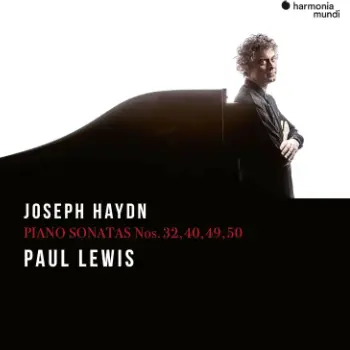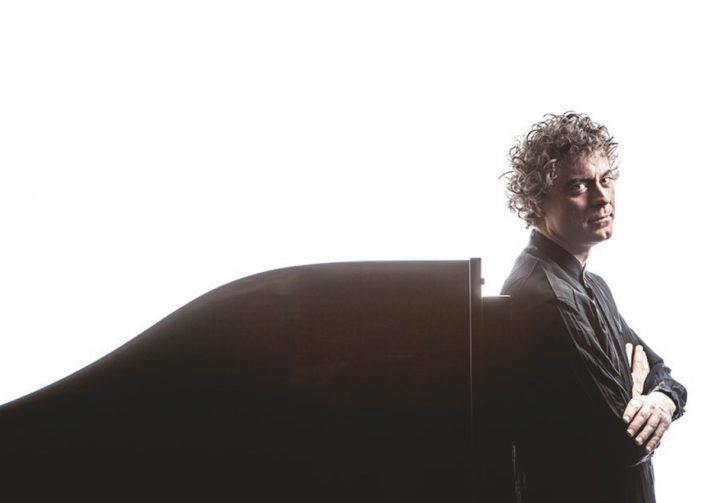There’s been a noticeable uptick in new recordings of Haydn’s piano sonatas in recent years, with several of today’s leading pianists engaging with this diverse and still underappreciated body of work.

This is, to my knowledge, Paul Lewis’s first Haydn recording. In a recent interview, he suggested this might become a small series, depending on how this release is received. Judging by the results, one hopes he continues—the level of playing here is consistently impressive.
Having followed Jean-Efflam Bavouzet’s ongoing series for Chandos, I’ve often admired its energy and sound, but found myself somewhat removed from the music itself—a similar impression I had reviewing his recent Grieg concerto recording. Lewis, by contrast, brings a more introspective and emotionally grounded approach. His playing is direct and unpretentious, with a quiet charisma and a sense of deeper feeling beneath the surface. It recalls the best qualities of his earlier Schubert series—deceptively simple, but difficult to achieve.
The program offers variety, moving from the brilliance of Sonata Hob. XVI:49, through the wit of Hob. XVI:50, to the darker hues of Hob. XVI:34 and the calm assurance of Hob. XVI:40. Structural clarity is a constant throughout, with Lewis particularly attentive to Haydn’s habit of subverting expectations. The first sonata on the disc receives an especially fine reading—note the subtle transition into the recapitulation from 03:50 onwards, handled with both control and imagination.
These sonatas can sound dry when approached too cautiously, especially in terms of pedaling. Here, Lewis finds the right balance. In the Hob. XVI:34 slow movement, the toccata-like writing remains articulated and expressive without becoming mechanical. Likewise, the E-flat major sonata’s slow movement (track 2) is shaped with warmth and restraint. As often with Lewis, it’s in the slow movements that his touch proves most affecting.
Among recent Haydn recordings, strong entries have come from Anne-Marie McDermott and Oliver Cavé. Francesco Corti also makes a persuasive case for performing some of these sonatas on harpsichord—his first volume was especially compelling. Among older recordings, the complete set by John McCabe (Decca) and Alfred Brendel’s selected sonatas (Philips, now Decca) remain benchmarks. Brendel and McCabe may now feel slightly dated in comparison, but Lewis seems to bridge the gap—bringing clarity, warmth, and structural awareness without affectation. A strong start to what could become an important Haydn cycle.

Haydn — Piano Sonatas Hob: 49,50,32,40
Paul Lewis — Piano
Harmonia Mundi, CD HMM902371












